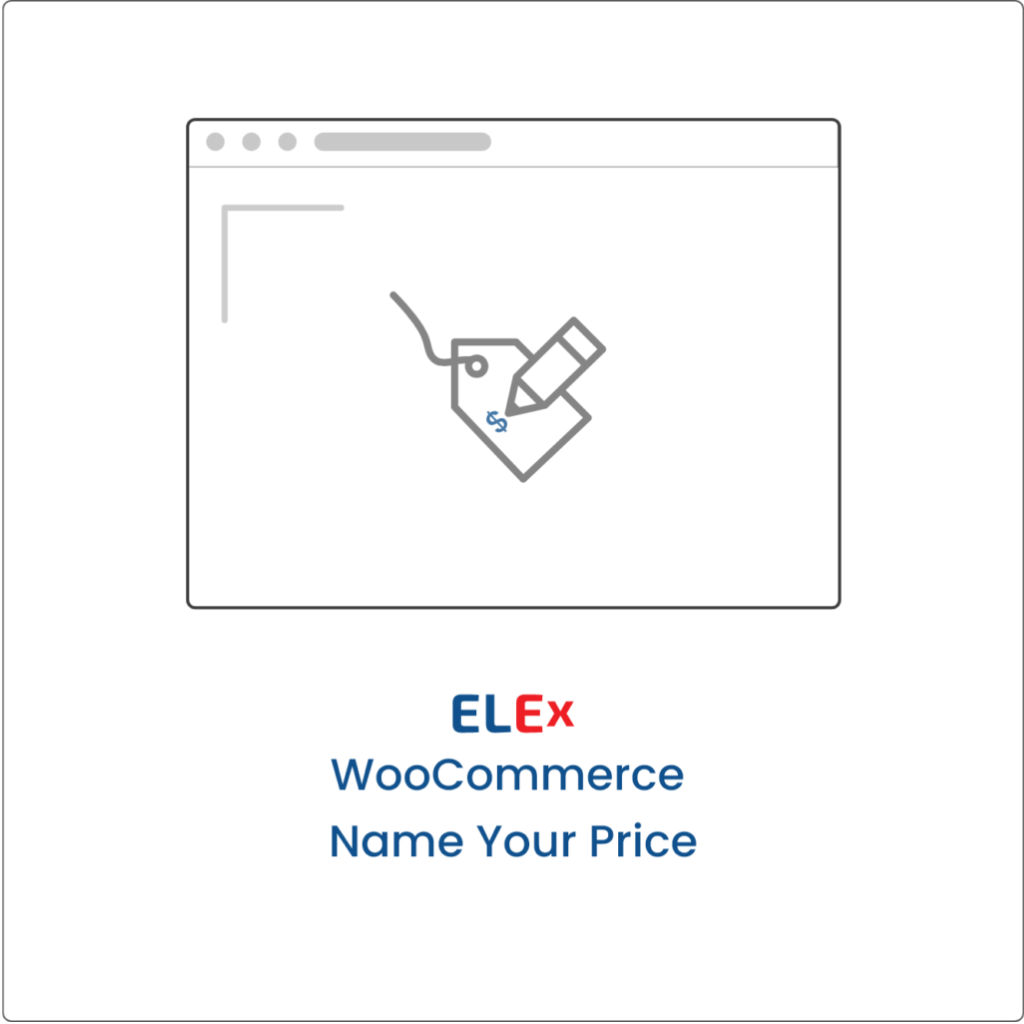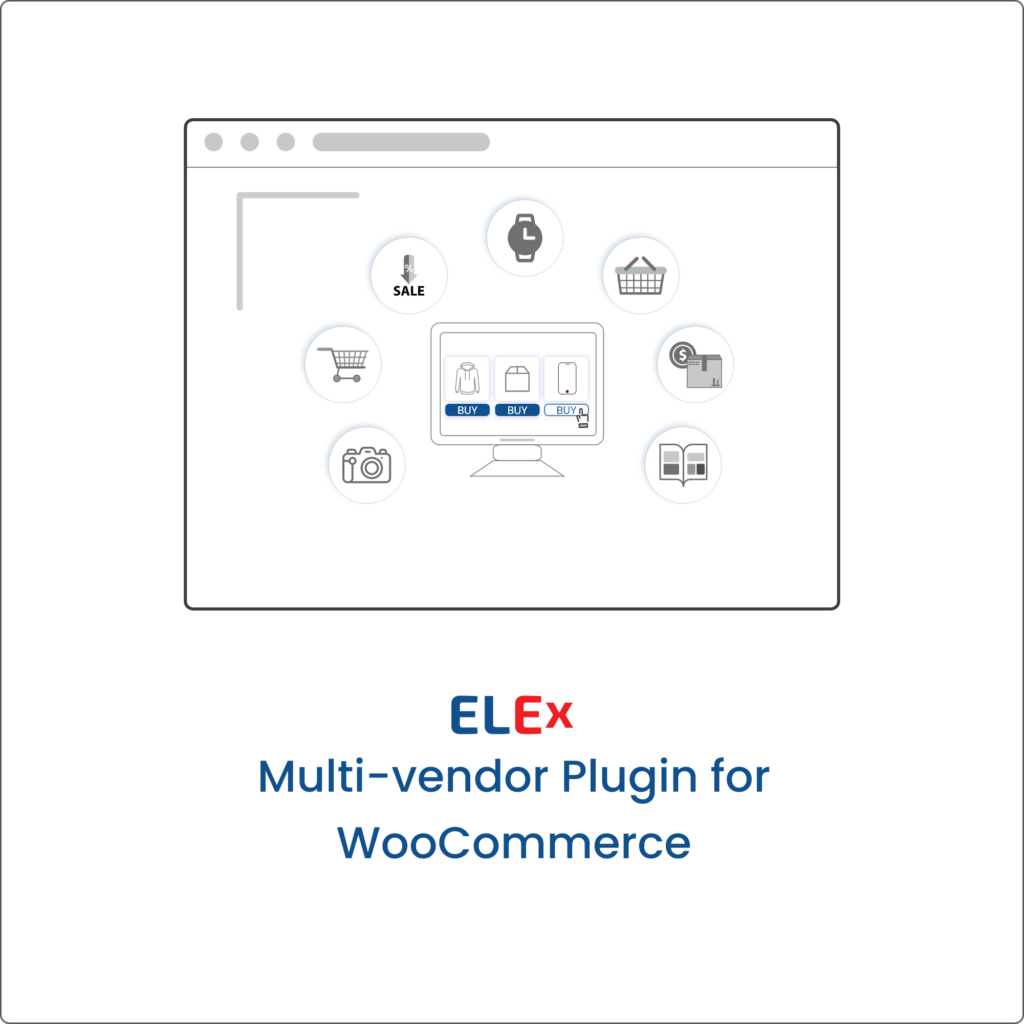Every company faces a number of problems that must be solved in order to deliver the best overall customer experience and maintain profitability. Ecommerce technology is always improving to satisfy customer demands in a quicker, more effective manner. To stay ahead of the competition, businesses need to keep a close eye on technology advancements. We’ve witnessed time-consuming, manual processes and information exchanges being replaced by lightning-fast data requests since the emergence of the Shipping API market. We have also witnessed the single shipping carrier strategy becoming a thing of the past with the advent of multi-carrier APIs and shipping plugins.
This has had a far-reaching impact on the order fulfillment process, particularly in the ever-changing industry of shipping and logistics. In this article, we’ll look at the meaning and features of shipping APIs and multi-carrier shipping systems, and how they may help your eCommerce business stand out in a highly competitive industry.
What is a Shipping API?
A shipping API allows programmers to incorporate shipping services directly into your business processes or eCommerce website, giving you more flexibility. To increase fulfillment, you can tailor the shipping application programming interface (API) to individual business requirements and shipping carriers. It is a type of connection that allows an eCommerce organization to integrate its online store, warehouse management system, or order management system with enhanced shipping capabilities. This aids in streamlining aspects of the shipping operations that are difficult and tedious to arrange manually.
Multi Carrier shipping functionality and support are provided by shipping APIs that interface with multiple carriers regionally and internationally. Rather than integrating with each carrier individually, a shipping API simply needs to integrate once to gain access to the whole carrier network. We will get into multi-carrier shipping in more detail in a while. Shipping APIs are mostly used by eCommerce firms to send orders to customers, providing a variety of alternatives that can fulfill the needs of a wide range of organizations. A Shipping API serves as a link between eCommerce businesses, their customers, and shipping companies.
What Are the Advantages of Shipping APIs?
Overcome Cart Abandonment
The majority of eCommerce businesses nowadays are plagued by cart abandonment concerns. A big percentage of these buyers who abandon their cart during the checkout process do so due to a difficult or bad delivery experience, or simply because of the cost of shipping. Long, overly confusing payment and shipping processes are a surefire way to frustrate customers and lead to cart abandonment. By providing the best shipping services and rates from multiple shipping carriers to meet any customers’ requirements and budget, shipping APIs can keep them from abandoning their cart.
Address Verification
Failures or delays in deliveries, as well as address changes, can have a bad impact on your brand image. Address validation is provided by shipping APIs, ensuring that packages are delivered to the correct location at all times.
Options for real-time rates and tracking
Any business owner must ensure that they provide the most accurate and up-to-date information both before and after a purchase. Shipping APIs integration provides you and your buyers with live shipping rates from a variety of carriers, enabling users to pick their preferred shipping method based on the shipping rates and required services. APIs can assist track deliveries across many carriers and notify customers on delivery status. Allowing your customers to choose the delivery options that best suit their needs and providing them with transparent tracking information adds value to your business and builds loyalty.
Multi-carrier Capabilities
Your company’s performance and productivity will benefit from the option to adapt shipping services and carriers to meet your specific requirements. When it comes to shipping carriers, there are numerous different choices available, each with its own set of benefits. FedEx, for example, is famous for its quick deliveries and availability of one-day shipping. UPS, on the other hand, has a considerably vast international presence with remarkable shipment tracking facilities, and USPS is best known for its budget-friendly services. As a result, it’s to your best advantage as an online seller to be able to work with multiple carriers. Shipping APIs enable the interchange of information between many sources, allowing you to access data and create shipping labels.
What is a Muti-Carrier Shipping System?
Shipping API and Multi-Carrier Shipping System go hand in hand and somewhat overlap to function effectively. A multi-carrier shipping system enables you to pick the ideal carrier and services for the customer at the best rates. Multi-Carrier Shipping streamlines regular interactions with shipping carriers, allowing businesses to focus on delivering end consumers with fast, high-quality service. It offers the best-suited shipping carrier options for a specific package by analyzing parameters such as service type, pricing, distance, and estimated time of delivery. One of the biggest benefits of a multi-carrier shipping system is that the multi-carrier shipping system considerably reduces shipping costs by allowing businesses to choose the most cost-effective solutions. A multi-carrier shipping system does all of this and more by integrating shipping APIs from various shipping carriers.
What Are the Advantages of using a Multi-Carrier Shipping System?
Broader Distribution
There is no way for a single carrier to cover all of the country’s pin codes or regions. Your pin code reach expands as you partner with new carriers, allowing you to service a broader spectrum of clients.
Positive customer experience
When you work with several carriers, you can set up separate rules and terms for each one. These can be applied to several areas of customer service and enable you to provide more options to clients, hence upgrading their overall experience. As a business, a multi-carrier shipping system empowers you to give your customers exactly what they are looking for when it comes to delivery and shipping expectations.
Use the strengths of each carrier to your advantage
Every shipping carrier has its own set of benefits and drawbacks. Quite literally, there is no one-size-fits-all when it comes to shipping. By partnering with multiple carriers, you can have the perfect blend. One carrier might be good at getting to far-off locations, while another might specialize in budget shipments. You can make the best out of it by using these benefits and drawbacks to your advantage.
Reduced shipping costs
Shipping cost is another area where having multiple shipping carriers can be very helpful. Each shipping carrier has its own set of prices. You could negotiate discounted shipping prices with multiple carriers if you have a significant number of orders rolling in on a regular basis, which is consolidated by estimates of potential order volume growth. As a result, your overall cost will be reduced. Apart from that, you will have the option to choose the most cost-effective options for your shipments.
Reduce the possibility of shipping downtime
While running an eCommerce store, you do not have the option of downtime as it may affect your business. Your business needs to be up and running all around the year. If you’re completely dependent on one carrier, your business will suffer if that shipping carrier goes down or has some technical issues even for a day. A multi-carrier system provides you with backup choices, ensuring that your business continues to run smoothly at all times.
Best Multi-Carrier Shipping Plugin for eCommerce

The ELEX ShipEngine Multi-Carrier Shipping & Label Printing Plugin for WooCommerce provides you with a simple interface that is linked with your shipping carriers via shipping APIs and constantly gets order data from them. With live shipping rates from UPS and FedEx, inbuilt shipment generation, label printing, estimated delivery dates from various shipping carriers, shipment packaging, tracking options, this plugin is the perfect solution to all your shipping-related problems. It works with the ShipEngine API and gives you the power to select multiple shipping carriers for orders with multiple packages.
Wrapping Up
Years ago, having a single carrier system or manually contracting multiple carriers would have worked effectively. When it comes to shipping choices, eCommerce businesses are becoming wiser. A multi-carrier shipping system boosts efficiency levels, increases customer satisfaction, and increases reliability while lowering costs. Knowing that a multi-carrier shipping system saves you cost and time might be enough to convince you that a Shipping API integrated multi-carrier plugin like the ELEX ShipEngine Multi-Carrier Shipping & Label Printing Plugin might be the best decision you’ve ever made. Please leave a comment below if you have any questions about shipping APIs or multi-carrier shipping.



